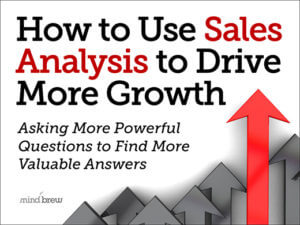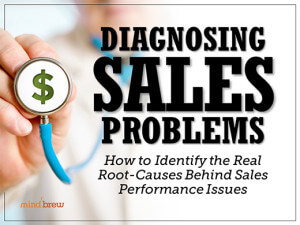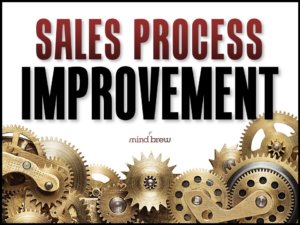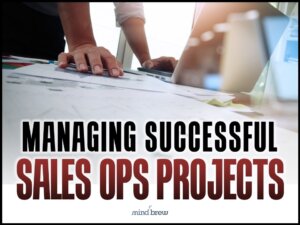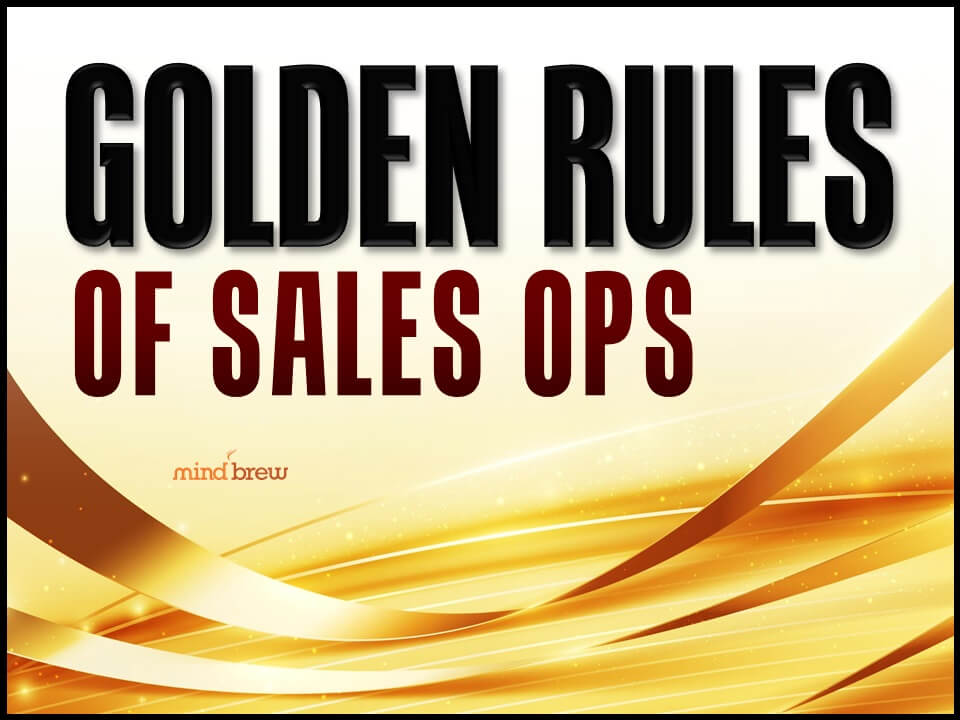A few years ago — well, actually, a couple of decades now — a book called Who Moved My Cheese? was the hot business title of the moment. The premise of the allegory is simple — mice and humans are trapped in a maze. They find a big hunk of cheese, and every day they go back to the same spot to eat more cheese.
Inevitably, however, the cheese runs out. The wise mice, having anticipated the problem and planned ahead, scurry off and quickly find more cheese.
The humans, on the other hand, get whiny. They had expected the same cheese to be there forever. They keep going back to the same place to look for cheese every day. It takes them a long time to figure out that they need to move on if they don’t want to starve to death.
We see something similar happen with B2B sales teams. They start by cultivating prospects that they deem to be “low-hanging fruit,” the customers who are most willing to buy and easiest to sell to. That works great — for a while.
The problem occurs when people get habituated to going after the low-hanging fruit that they expect to always be there. Marketing people start marketing to just one group of prospects. Salespeople are calling on just one type of customer. The entire operation becomes focused on an opportunity that seems like it will last forever.
But life doesn’t work that way.
Markets change. Competitors start chasing the same customers that were such easy pickings before. Eventually, the “low-hanging fruit” isn’t so easy to find any more. And just like the people eating cheese in the maze, businesses have to adapt to the change if they want to survive. Sadly, however, some of them just aren’t able to evolve in the ways that are necessary, and they go out of business.
So how can you avoid this trap?
The secret is to plan ahead. Start expecting the change before it occurs.
As the people closest to the market, salespeople should be able to see that the market is beginning to evolve well before it becomes a crisis. If you pay attention, you’ll see hints in your sales data that indicate that your “cheese,” your “low-hanging fruit,” is about to run out.
But to tell the truth, you don’t even really need this data to tell you that things are going to change. Things always change. It shouldn’t surprise us!
Rather than adopt the unrealistically optimistic opinion that things are going to stay the same, be the realist in the room. Start wondering what could go wrong before it goes wrong. Begin making plans to deal with possible changes. In the best of worlds, you might not need those plans. But if things take a turn for the worse — as they regularly do — you’ll be better positioned to take advantage of the new opportunities presented by the changing market.
We have a few resources designed to help you cultivate this more realistic outlook. Check out How to Use Sales Analysis to Drive More Growth, Diagnosing Sales Problems, and Avoiding Costly Mistakes in B2B Lead Generation. All three can help you avoid the trap of stagnation and plan for a future that will likely look very different than today.

